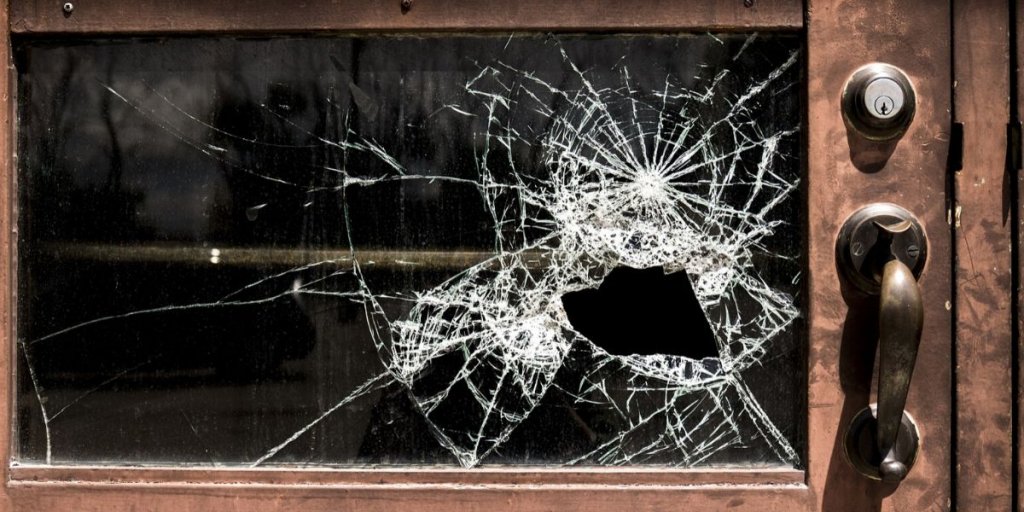 Does the electorate ever hold politicians responsible for public policy decisions?
Does the electorate ever hold politicians responsible for public policy decisions?
The answer to this important question is important to see if politicians ever really pay a price for decisions they make. It's also a hard to prove the cause and effect, given that politicians oftimes make strategic political moves, thus clouding the electorate behavior in response. So how can one "prove" the connection between what decision a politician makes and the response of voters as a result?
Italy had a perfect combination of events that proved, indeed, that certain political actions would suffer repercussions at the voting booth: the pardoning of prisoners.
In 2006, Italy's prisons were overcrowded. Politicians decided to cut prison sentences for large swathes of criminals, providing an incentive for them not to repeat their crimes and return to prison. As a result, in places where the average "incentive" was higher, the populace punished the party in power at the ballot box for any acts of recidivism that occurred.
This was largely found due to a higher level of reporting in the area of crimes committed by these "pardoned" prisoners. In fact, the greater the incentive not to commit crimes, the more an eventual crime was reported.